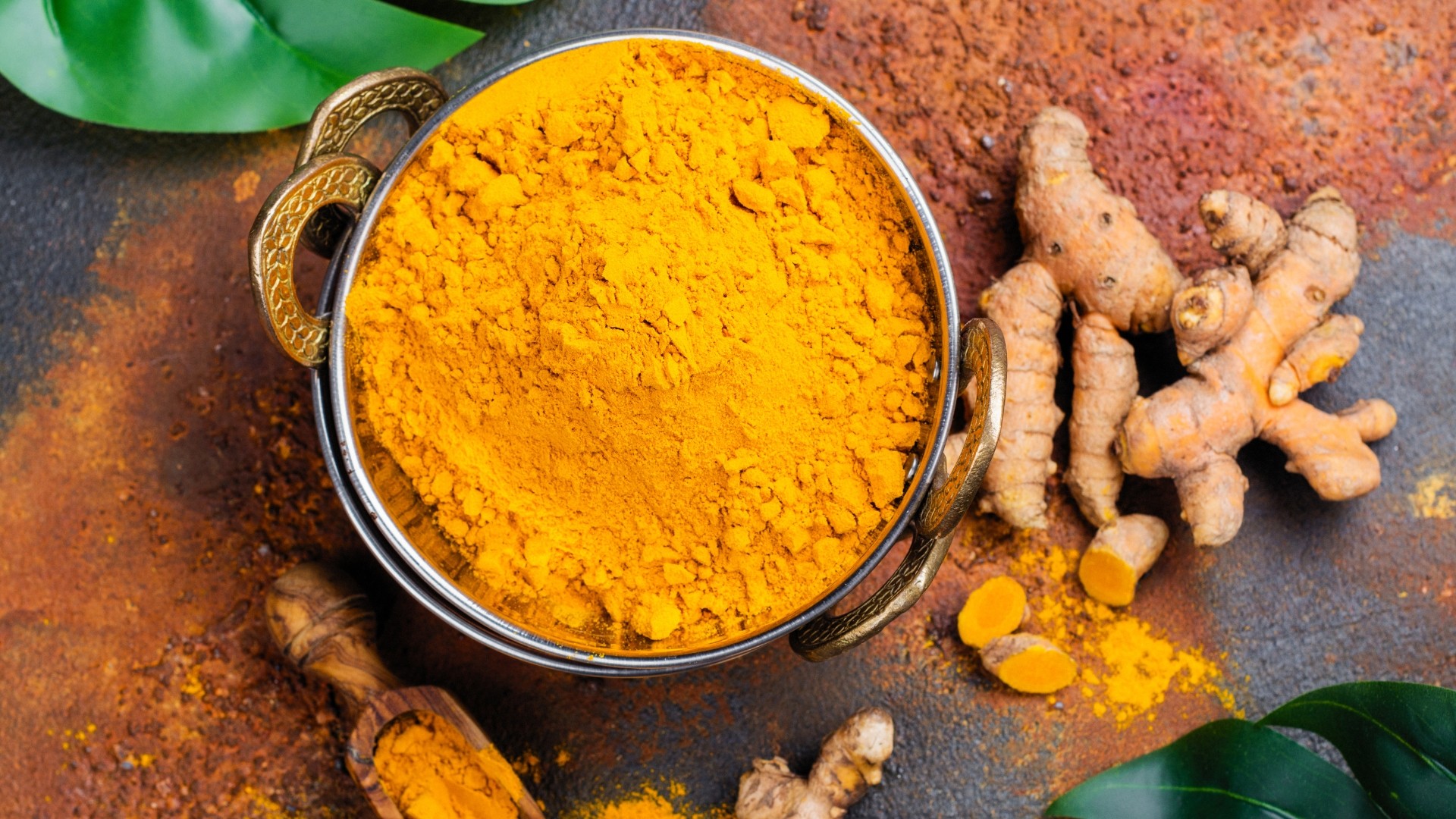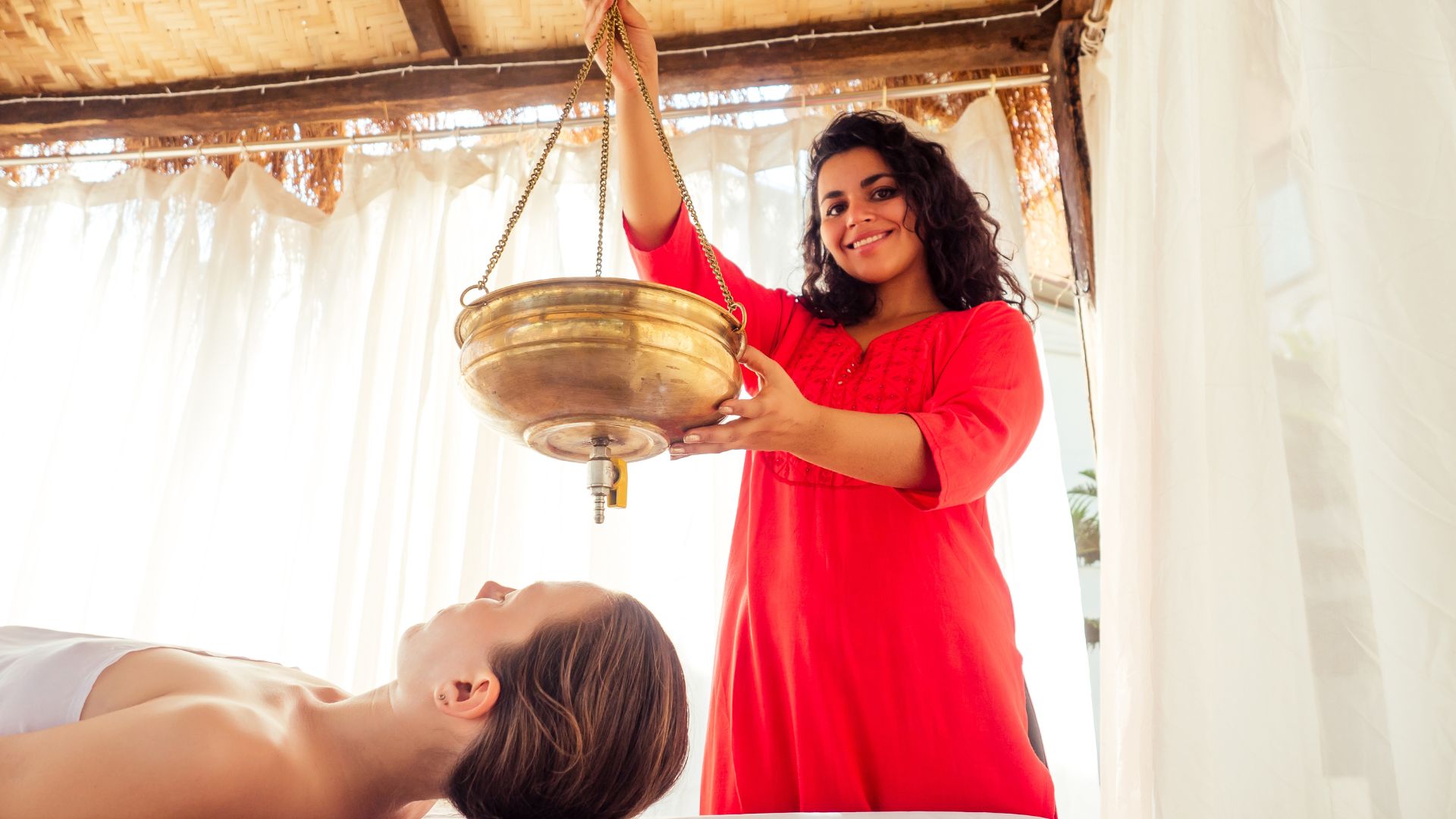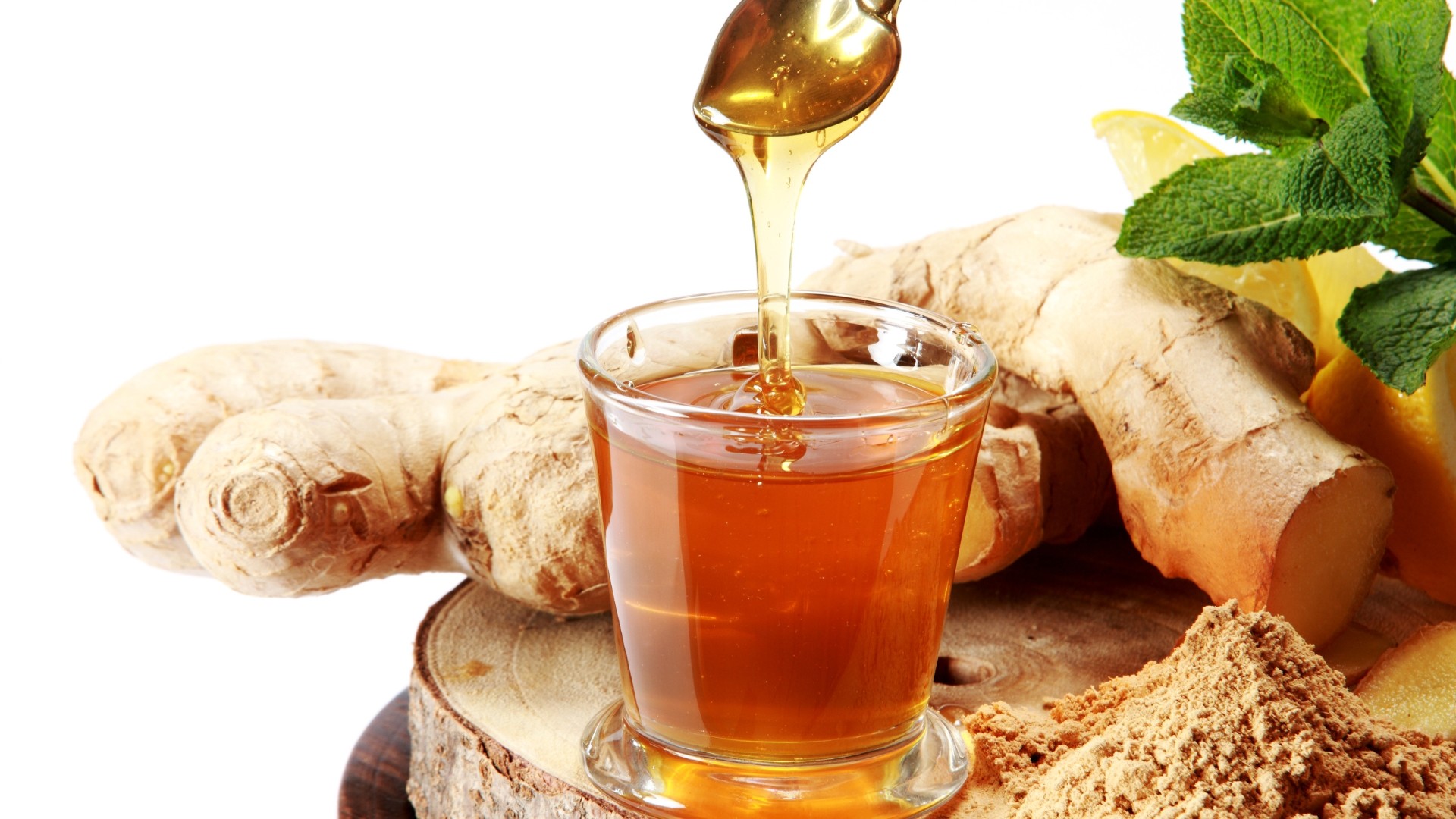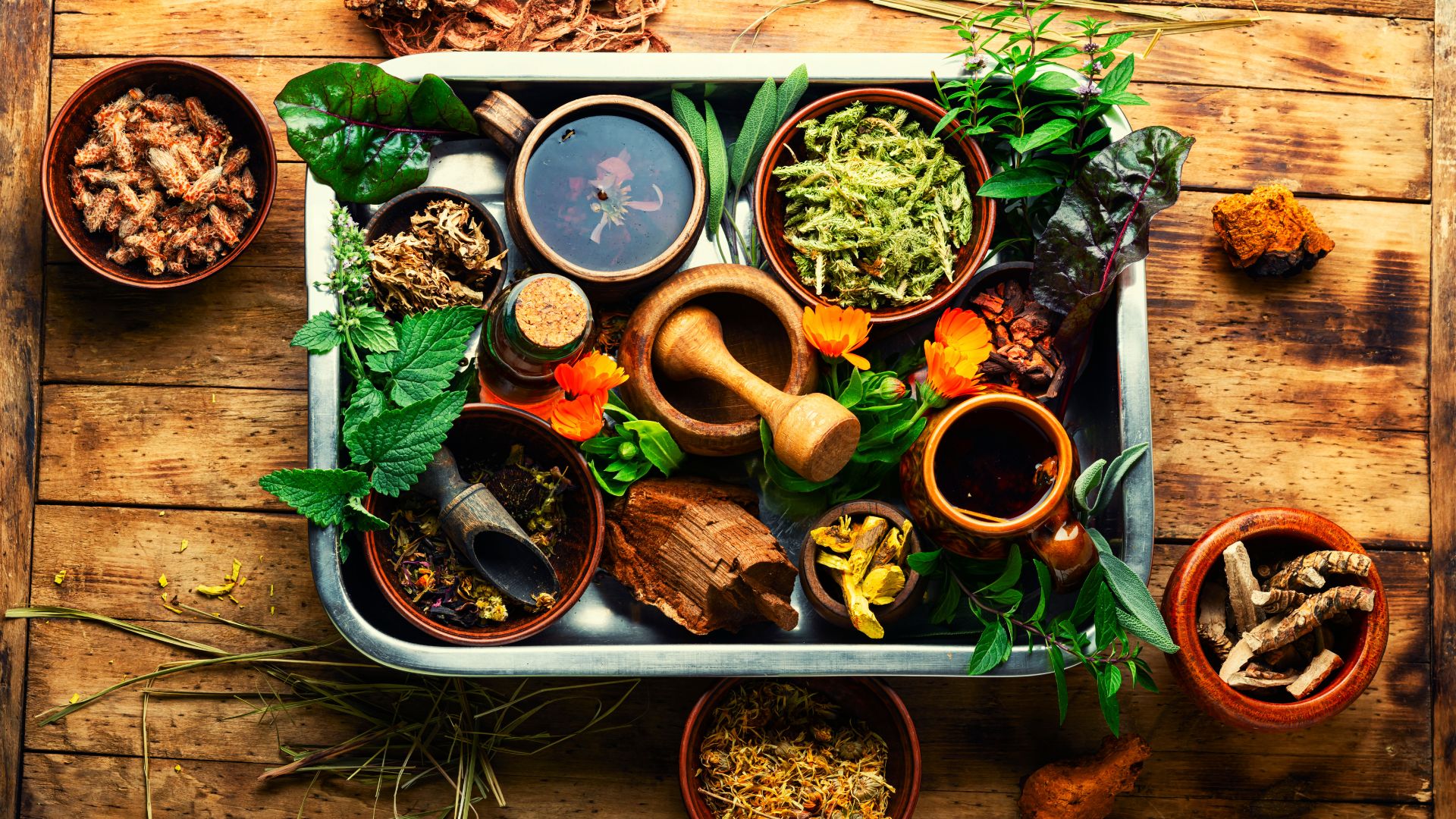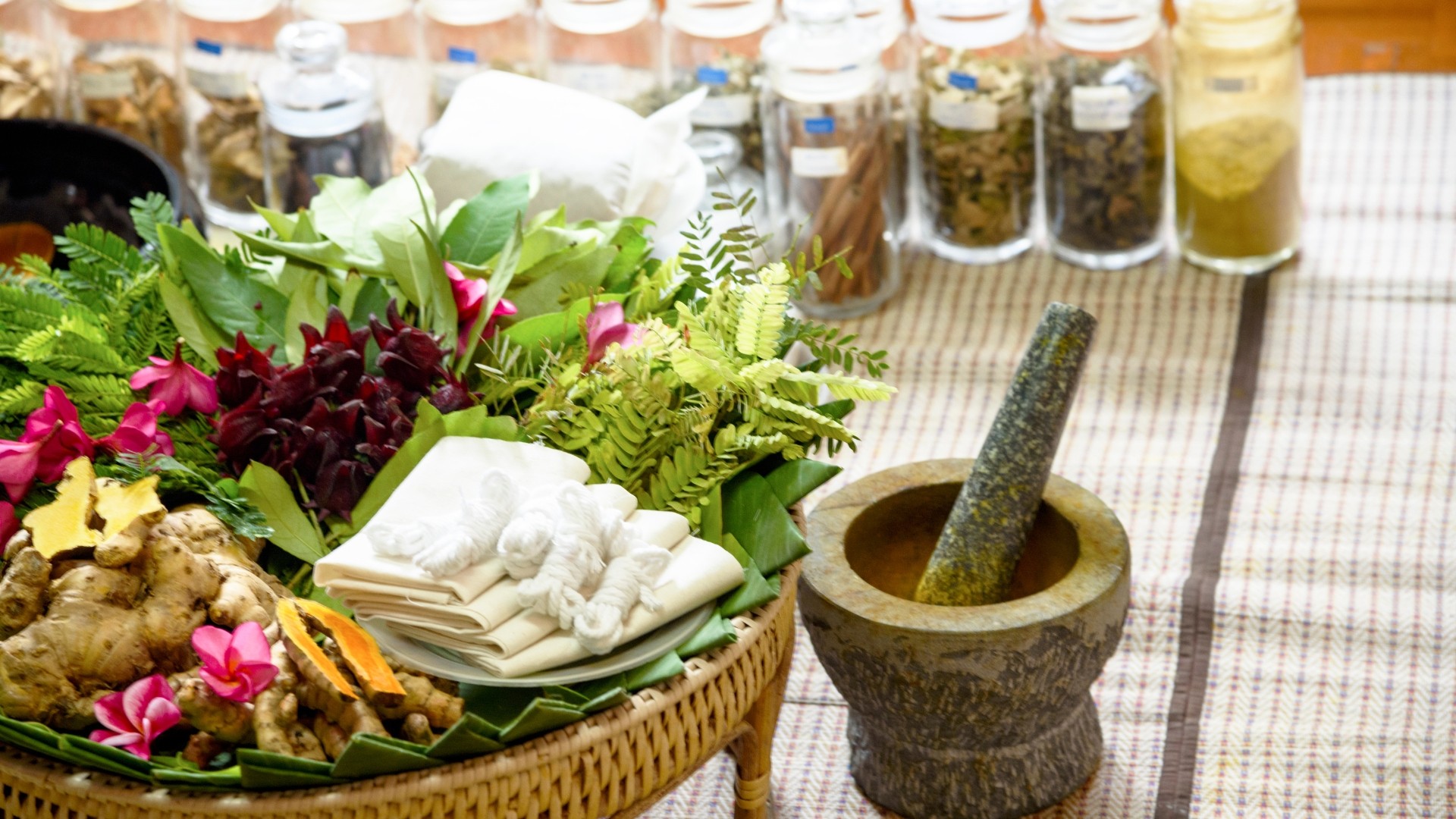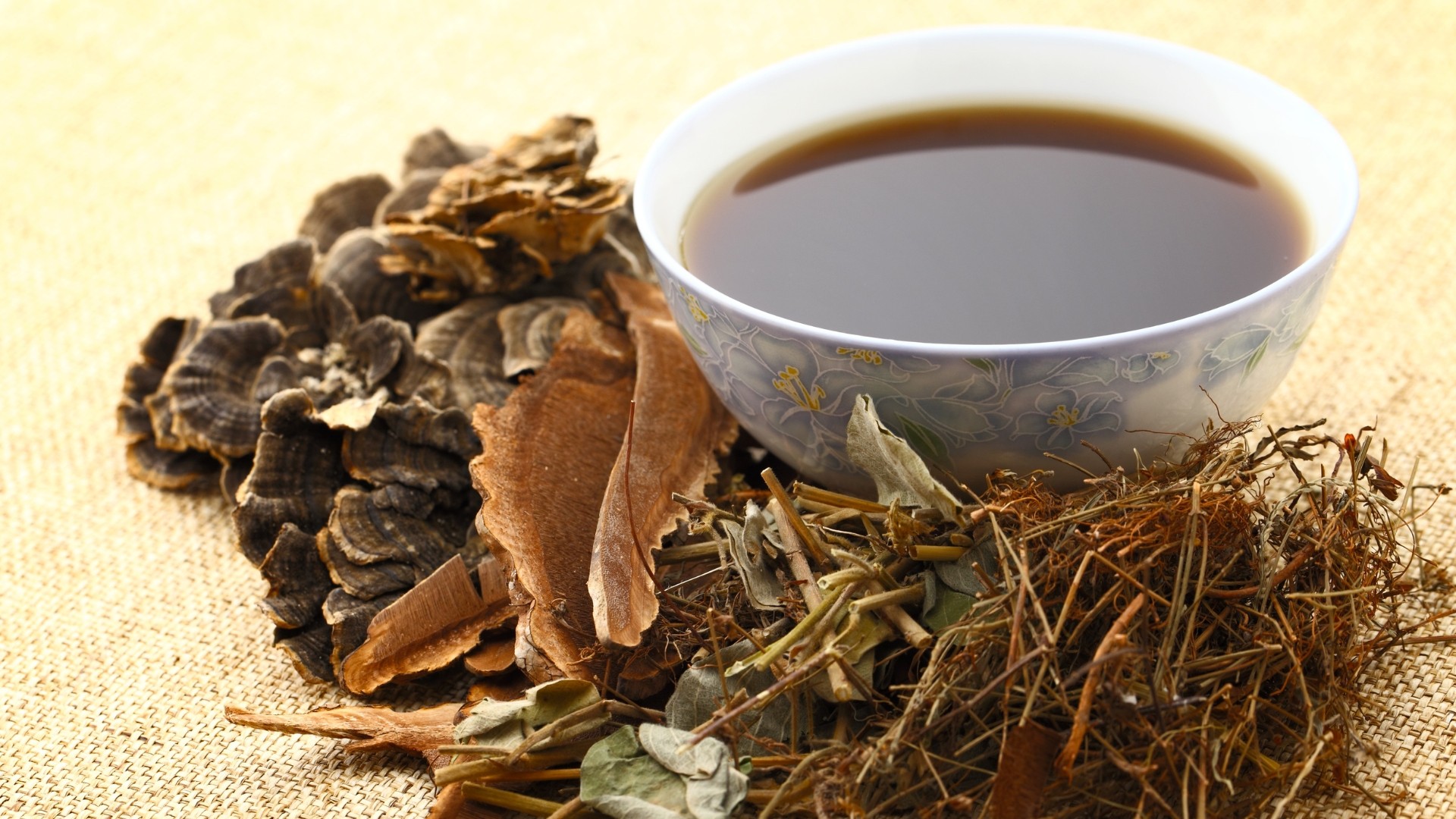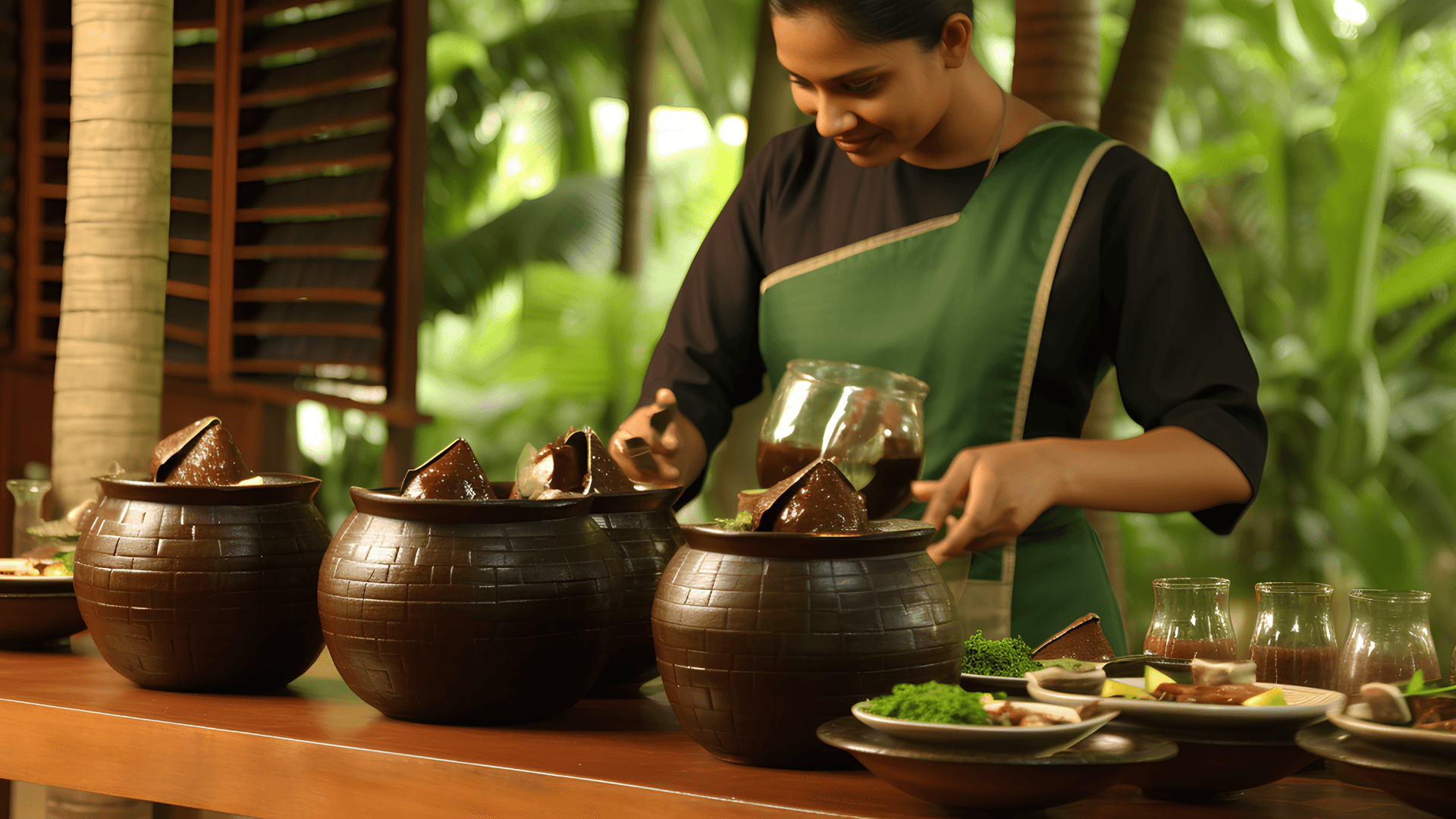Traditional Medicine
Feb 20, 2024
In this Blog we will explore the centuries-old tradition of herbal medicine in South Asia, rooted in cultural heritage and ancient texts like Ayurveda and Unani. Discover the therapeutic benefits of key herbs like turmeric, neem, and ashwagandha, offering holistic solutions for various health ailments.
South Asia, a region known for its vibrant culture, diverse landscapes, and ancient traditions, also boasts a rich heritage in herbal medicine. For centuries, indigenous communities across South Asia have relied on the abundant flora of the region to address various health ailments and promote well-being. This article delves into the fascinating world of herbal medicine in South Asia, exploring its history, key herbs, traditional practices, and modern relevance.
Historical Roots:
The history of herbal medicine in South Asia dates back thousands of years, deeply intertwined with the region's cultural and spiritual beliefs. Ancient texts such as the Ayurveda, Siddha, and Unani systems of medicine have provided a comprehensive understanding of herbal remedies and their therapeutic properties. These traditional systems emphasize a holistic approach to health, viewing the body, mind, and spirit as interconnected entities.
A Tapestry of Traditional Systems:
Unlike a singular, monolithic entity, herbal medicine in South Asia flourishes within the framework of various established traditional medical systems, each with its own philosophical underpinnings and approaches to utilizing plant-based remedies. Here are some of the most prominent:
Ayurveda: This ancient Indian system, dating back over 5,000 years, emphasizes achieving balance within the body's three doshas (bodily humors) through a holistic approach. Herbal remedies play a crucial role in this system, alongside dietary modifications, lifestyle practices, and specific yogic techniques.
Unani: Developed in the Greco-Arabic world, Unani medicine integrates herbal ingredients with minerals and animal products to address various health concerns. It emphasizes individual constitutions and tailors treatment plans accordingly, often incorporating herbal formulations.
Siddha: This indigenous Tamil system, originating in South India, focuses on treating imbalances in the body's five elements (earth, water, fire, air, and ether) using herbal concoctions, specific dietary practices, and purification techniques.
Sowa Rigpa: Practiced in Bhutan and parts of India, this Tibetan system utilizes herbal preparations alongside massage and dietary therapies to restore balance and promote well-being. It emphasizes the interconnectedness of the mind and body and incorporates a holistic approach to healing.
Key Herbs and Their Uses:
South Asia's diverse climate and geographical features have fostered a remarkable variety of medicinal plants, each with unique healing properties. Some of the key herbs commonly used in traditional South Asian medicine include:
Turmeric (Curcuma longa): Renowned for its potent anti-inflammatory and antioxidant properties, turmeric is a staple in South Asian cuisine and traditional medicine. It is used to treat various conditions, including arthritis, digestive disorders, and skin ailments.
Neem (Azadirachta indica): Often referred to as the "village pharmacy," neem is valued for its broad spectrum of medicinal benefits. It is used to purify the blood, support immune function, and promote healthy skin and hair.
Ashwagandha (Withania somnifera): Known as the "Indian ginseng," ashwagandha is revered for its adaptogenic properties, helping the body adapt to stress and promoting vitality. It is used to enhance energy, improve cognitive function, and support overall well-being.
Holy Basil (Ocimum sanctum): Considered sacred in Hinduism, holy basil, or Tulsi, is esteemed for its spiritual and medicinal significance. It is revered for its ability to reduce stress, boost immunity, and promote respiratory health.
Ginger (Zingiber officinale): Widely used in South Asian cuisine and medicine, ginger is prized for its digestive and anti-nausea properties. It is also used to alleviate pain, reduce inflammation, and support cardiovascular health.
Potential benefits of herbal medicines:
Herbal medicines offer a range of potential benefits, although it's important to remember that scientific evidence supporting these benefits varies depending on the specific herb and condition. Here are some potential advantages:
1. Natural and potentially fewer side effects: Compared to some conventional medications, herbal remedies are often perceived as more natural and may have fewer side effects. However, it's crucial to note that herbal medicines can still have side effects, and it's essential to consult a healthcare professional before starting any new supplement or herbal remedy.
2. Addressing a variety of ailments: Many herbs have been used traditionally for centuries to treat various health concerns, ranging from digestive issues and pain management to anxiety and sleep problems. However, it's important to emphasize that these claims may not be scientifically validated, and seeking professional medical advice for diagnosis and treatment remains crucial.
3. Holistic approach to wellness: Some view herbal medicine as a holistic approach to health, focusing on promoting overall well-being rather than just treating specific symptoms. This may involve using herbs alongside dietary modifications and lifestyle changes for a more comprehensive approach.
4. Potential cost-effectiveness: In some cases, herbal remedies may be more affordable than conventional medications. However, it's important to factor in the cost of consultations with qualified herbalists or practitioners, as well as the potential for variable quality and effectiveness of herbal products.
5. Cultural significance and traditional knowledge: Herbal medicine holds cultural significance in various communities and represents a rich repository of traditional knowledge passed down through generations. Exploring these traditions and understanding their historical context can be valuable.
Important considerations:
While herbal medicines offer potential benefits, it's crucial to remember the following:
Limited scientific evidence: Not all claims about the efficacy of herbal remedies are supported by rigorous scientific research. Always consult a healthcare professional before using any herbal medicine, especially if you have existing health conditions or are taking medications.
Potential interactions: Herbal medicines can interact with other medications you are taking, potentially leading to adverse effects. Always disclose all medications and supplements you are using to your healthcare professional before starting any new herbal remedy.
Quality and standardization: The quality and standardization of herbal products can vary significantly. Choose reputable brands and seek guidance from qualified healthcare professionals or herbalists to ensure safe and effective use.
Self-diagnosis and treatment are not recommended: Herbal medicines should not be used for self-diagnosis or treatment of serious medical conditions. Always consult a healthcare professional for proper diagnosis and treatment recommendations.
Traditional Practices:
In South Asia, herbal medicine is often administered through various traditional practices, including decoctions, infusions, poultices, and oil formulations. Practitioners may combine different herbs based on individual constitution and health needs, following age-old recipes passed down through generations. Additionally, Ayurvedic therapies such as Panchakarma, which involves detoxification and rejuvenation techniques, are commonly used to restore balance and promote health.
Modern Relevance:
While traditional herbal medicine continues to thrive in South Asia, it has also garnered attention in the modern world for its potential therapeutic benefits. Scientific research has increasingly validated the efficacy of various medicinal plants used in South Asian traditional medicine, leading to their integration into mainstream healthcare systems globally. Moreover, the growing interest in natural and holistic approaches to health has sparked renewed interest in traditional herbal remedies, driving innovations in herbal formulations, supplements, and wellness products.
The tradition of herbal medicine in South Asia is a testament to the profound wisdom and ingenuity of indigenous cultures. From ancient texts to modern research, the healing legacy of medicinal plants continues to enrich lives and inspire new avenues for health and well-being. As we navigate an increasingly complex healthcare landscape, embracing the holistic principles of herbal medicine offers a pathway to reconnect with nature and cultivate vibrant health for generations to come.







